In this episode of The Science of Excellence, I sat down with Marc Steven Ramos, a veteran L&D leader who's helped shape learning programs for Google, Novartis, Cornerstone, and more. We talked about what it would take to transform L&D for the better, using all the incredible advancements we see today.
In particular, I liked our discussion on the importance of thinking in terms of both technology and human psychology to get AI+L&D right. It was great to hear Marc challenge common L&D practices and share his perspective on what’s most promising.
Below, I want to share 3 themes that stood out to me:
- Tasks matter, not just skills
- Adaptive learning drives impact
- Personalization shouldn't mean isolation
1. Tasks matter, not just skills
In Marc's Words: "Tasks are far more binary than a skill. One can say that tasks are more quantitative and skills are more qualitative... From a business lens perspective, which one of those can I measure with accuracy? It's probably gonna be the task."
Many organizations like to focus on building broad skill frameworks while overlooking the importance of task mastery. This approach to measurement creates a gap in understanding actual capability and leaves many learning programs without clear evidence of impact.
The impact goes beyond individual assessment. Without concrete task measurement, they struggle to validate the effectiveness of learning investments and demonstrate clear returns on development efforts.
2. Adaptive learning drives impact
In Marc's Words: "What's really exciting about the adaptive piece is... if I already know half the stuff, why are you giving me 40 hours? How is the content going to adapt to Vince's needs?"
Traditional training programs often force experienced employees through unnecessary content. Marc shares how adaptive learning can transform this experience by adjusting content based on existing knowledge.
This gets at the issue that standardized training programs that try to cater to everyone often end up serving no one. Lowering your standards to the lowest common denominator is not the solution — we need to recognize that different people need different paths to reach the same destination.
3. Personalization shouldn't mean isolation
In Marc's Words: "Even though that content might be personalized for you, that doesn't mean that you're actually going to apply it or retain it without the help of others... People learn better with others. And there's a lot of science behind this."
While personalization in learning is valuable, Marc points to research showing that isolation can severely impact knowledge retention and application. He shares how even perfectly tailored content often fails to drive results when delivered without peer interaction.
This disconnect between personalization and collaboration continues to hold orgs back from achieving optimal learning outcomes. The solution lies in finding ways to combine individual learning paths with collaborative experiences.
Until next time,
Vince


.png)

.png)

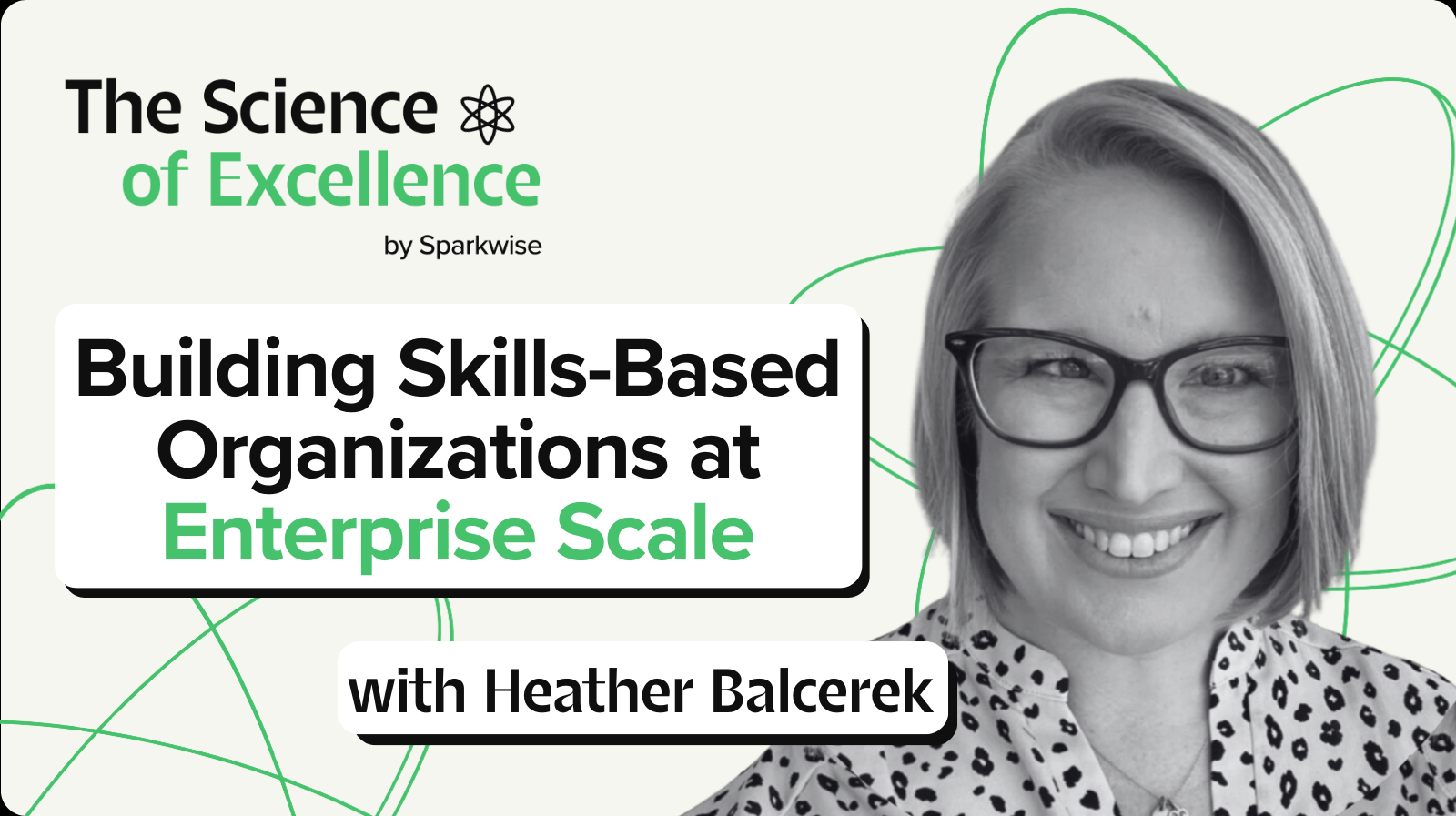
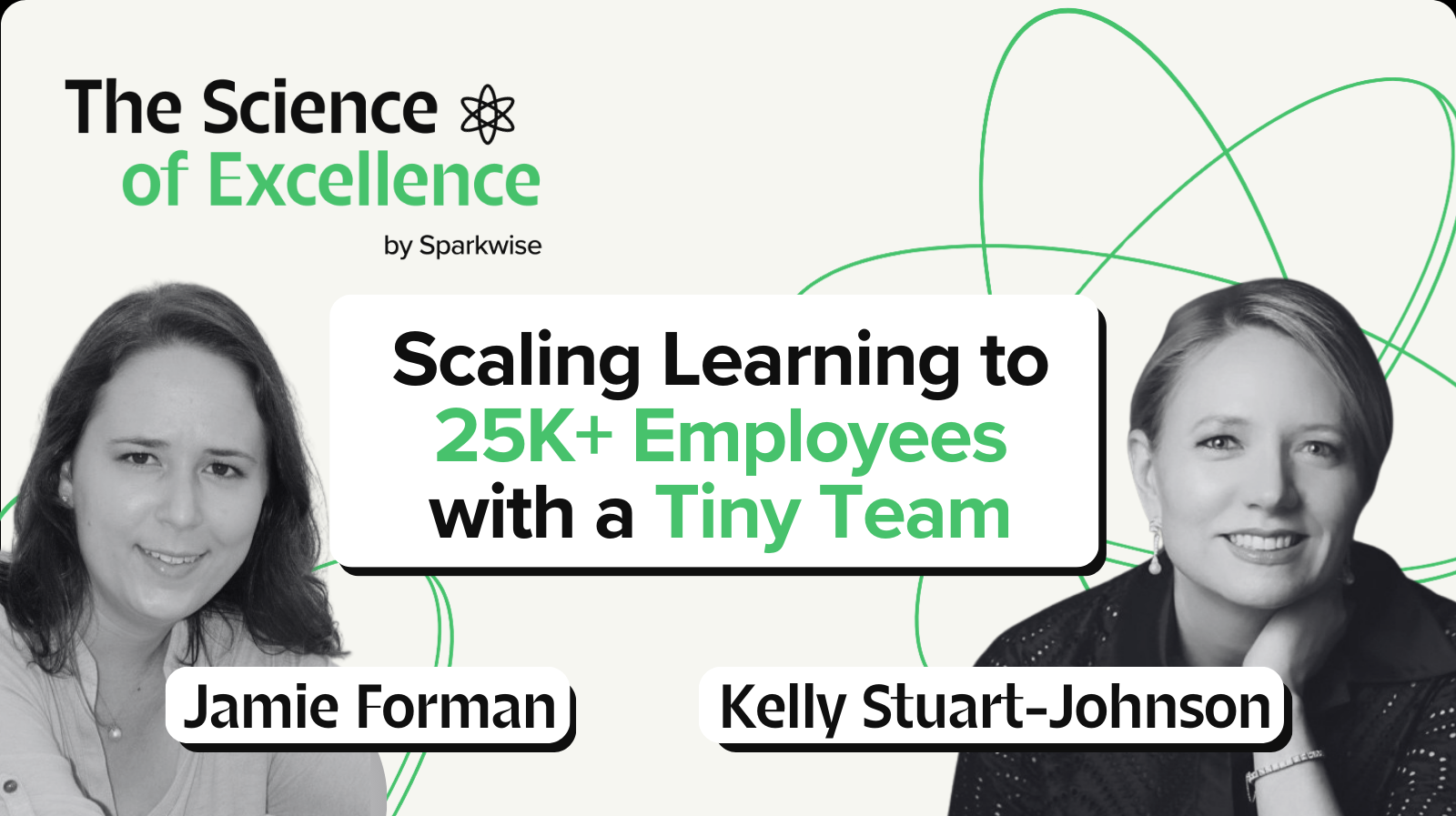
.png)
.png)
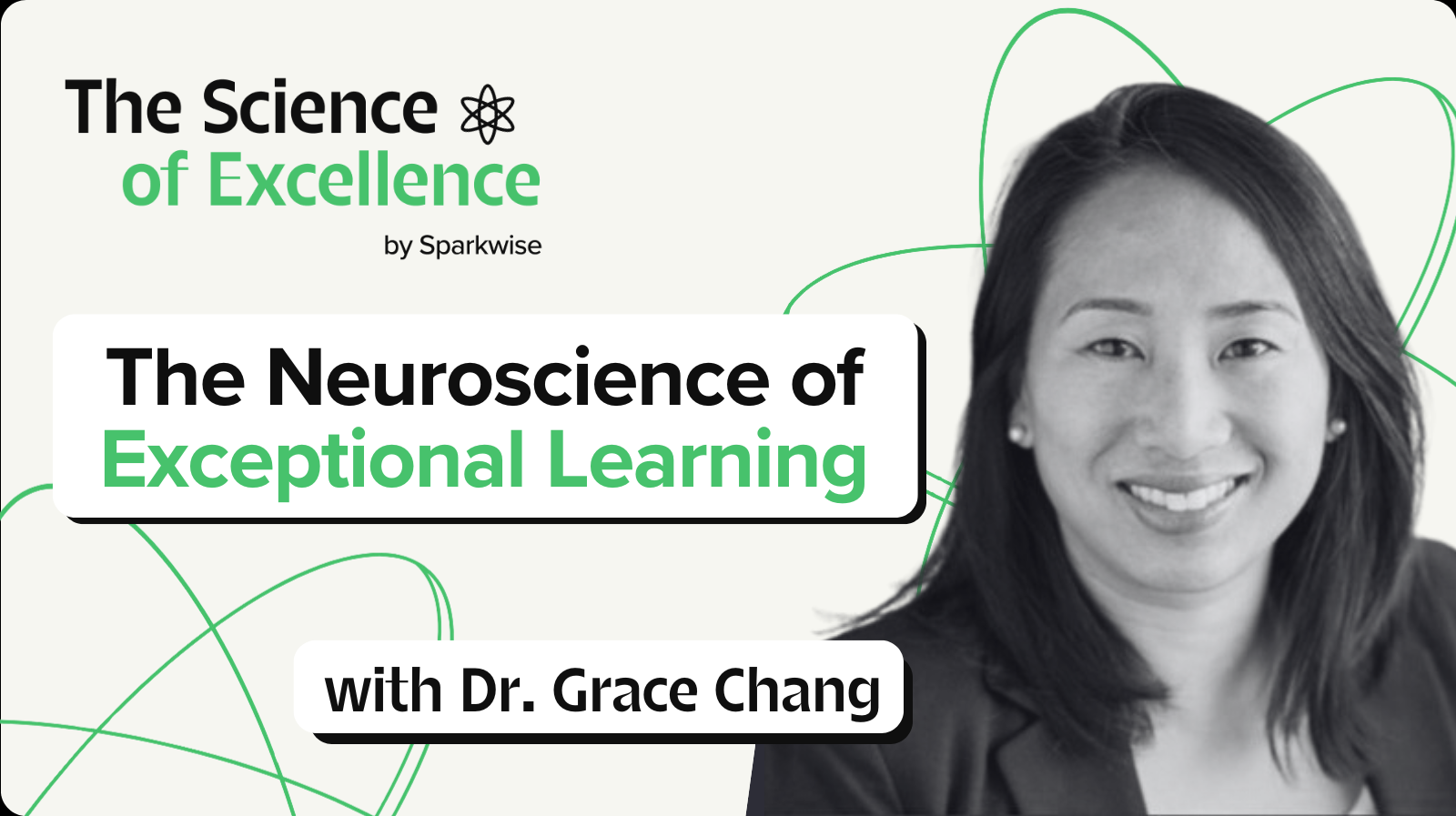
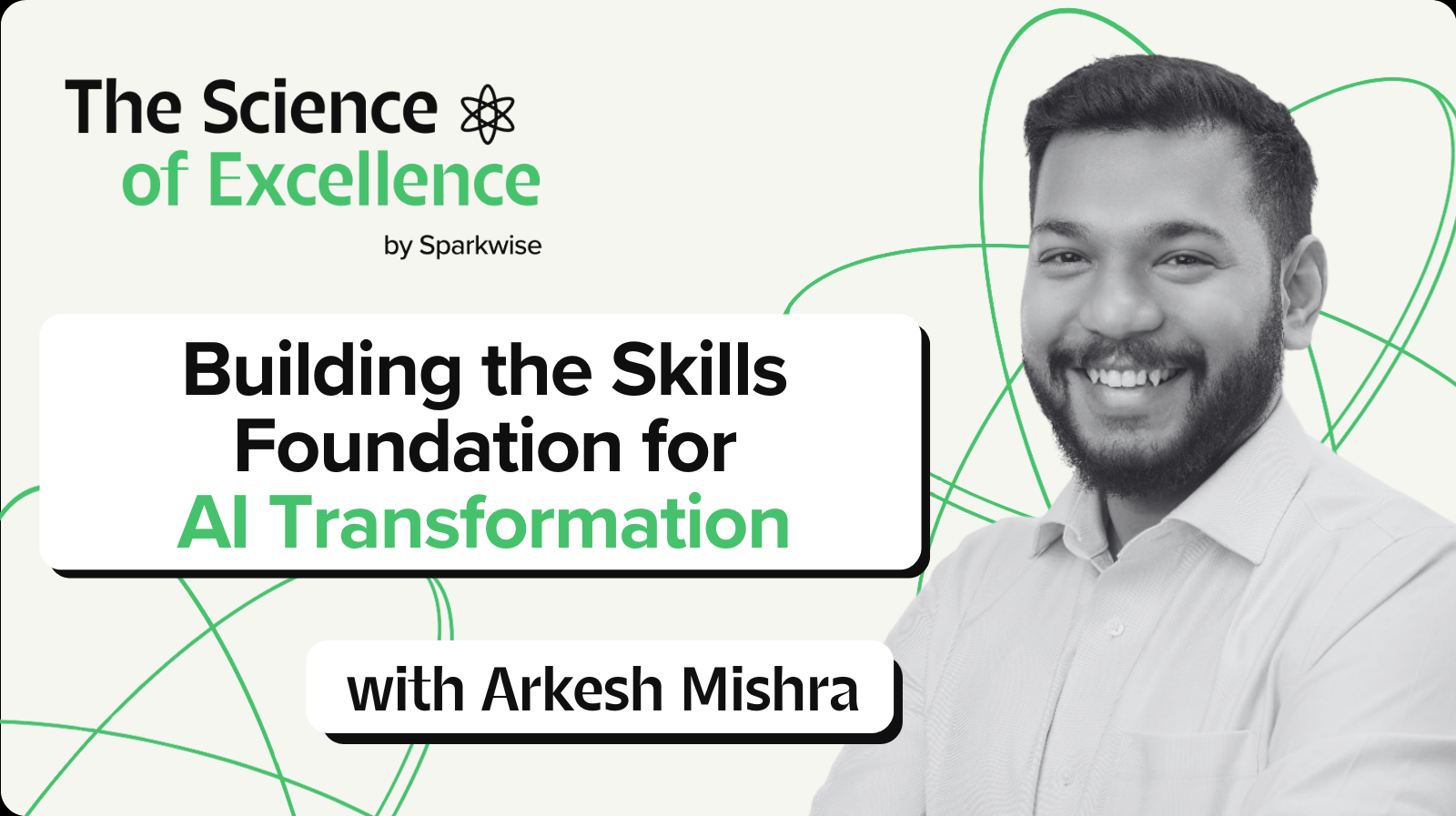

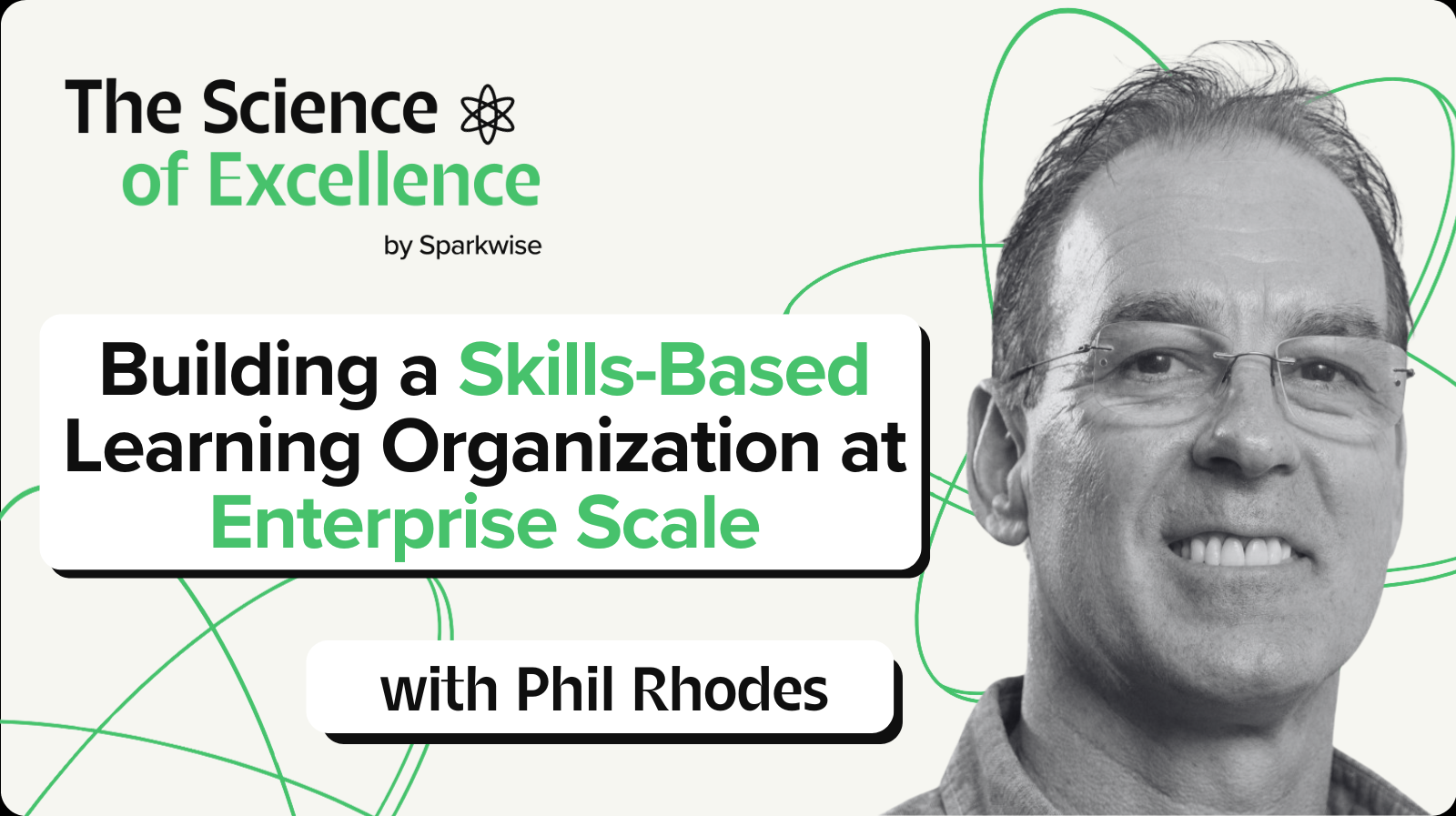
.png)
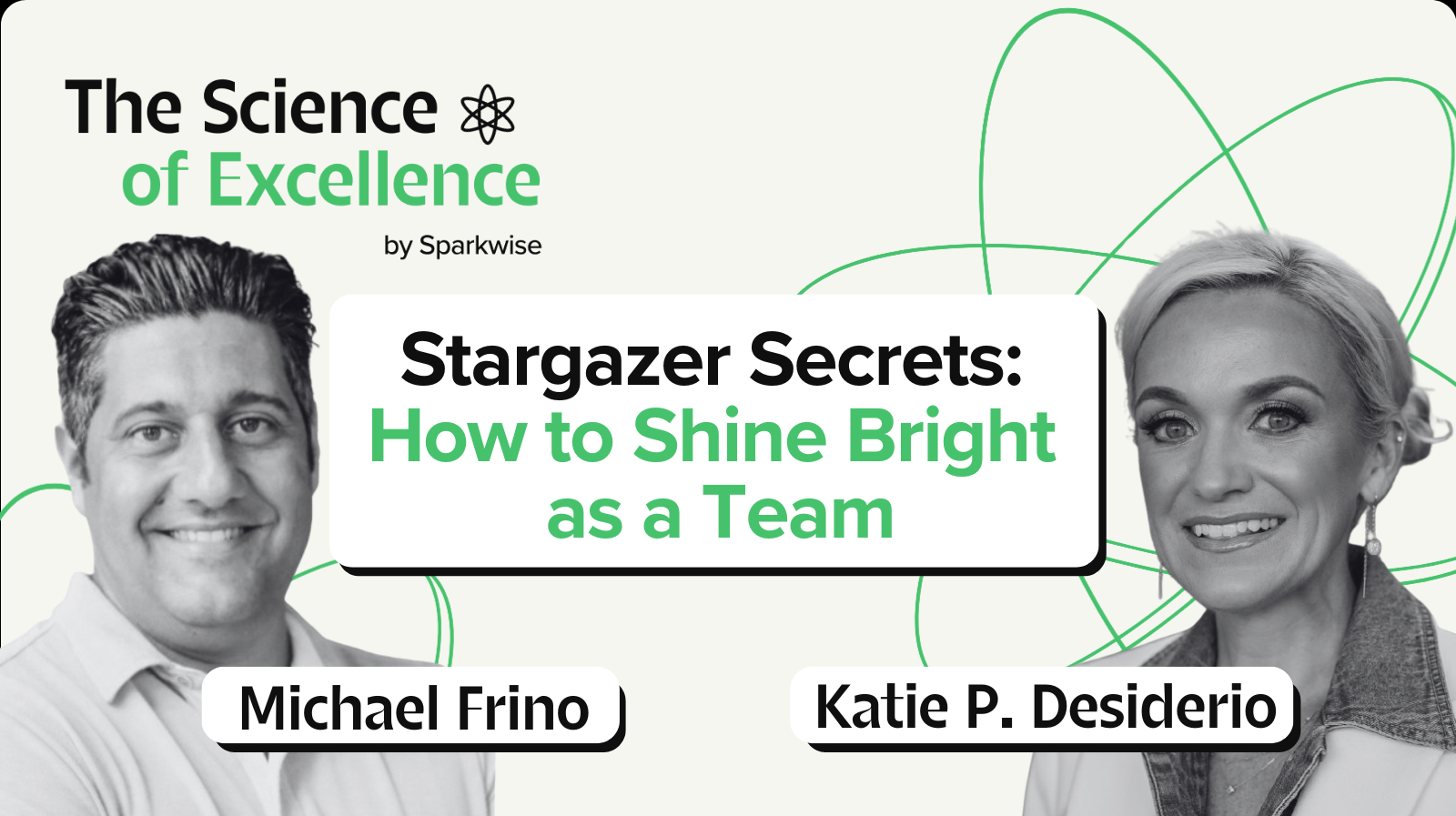
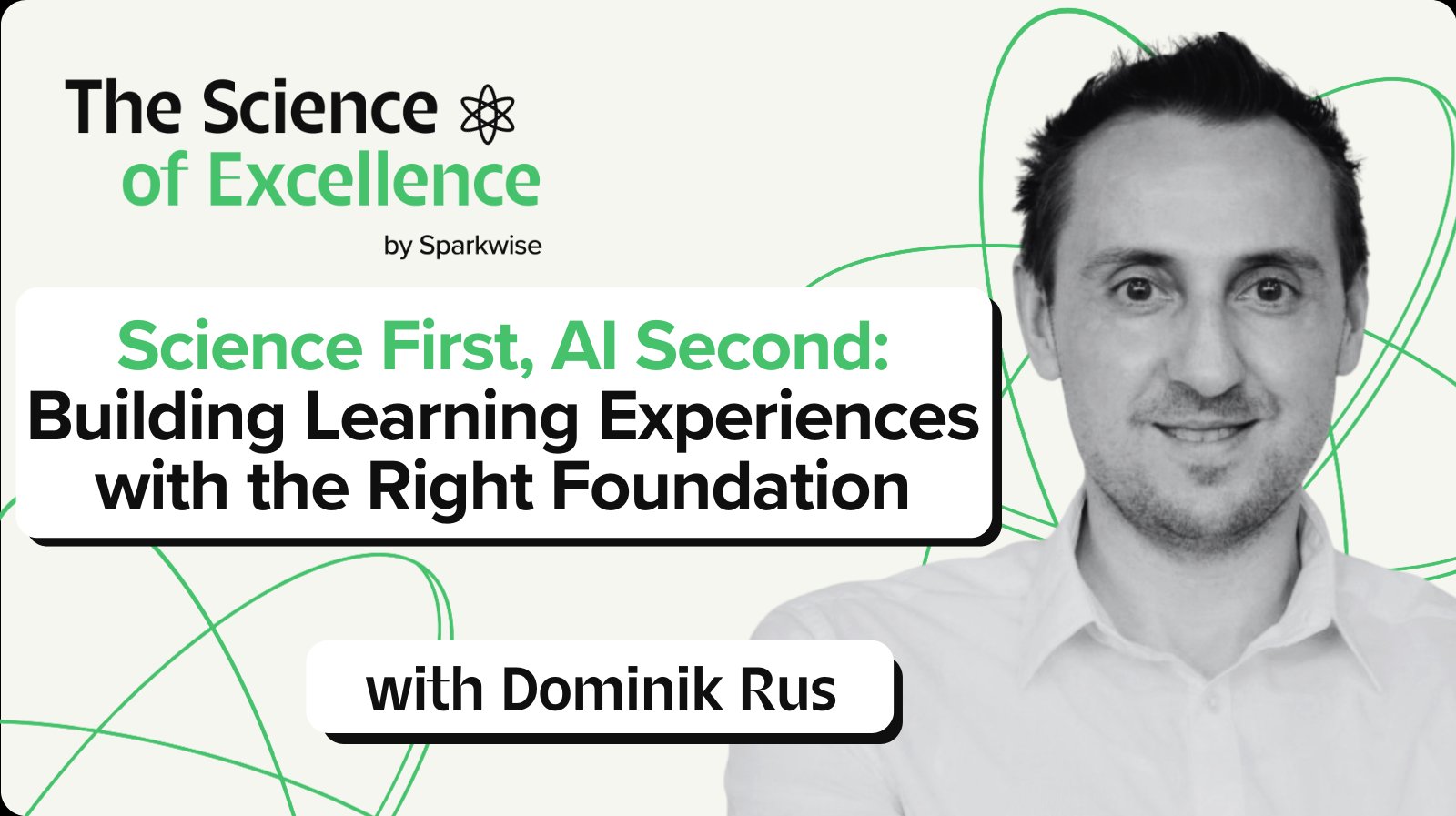
.png)
.png)





















.png)